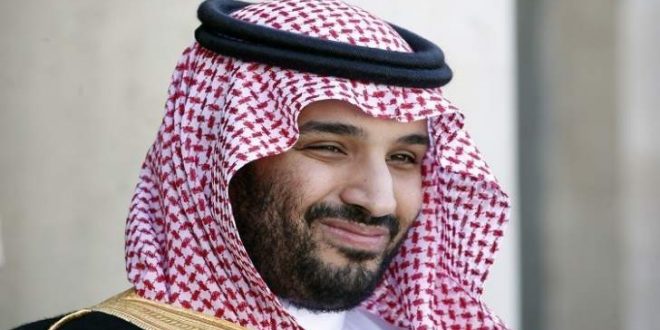King Salman issued the decree, according to a royal court statement carried by the Saudi Press Agency (SPA).
“The royal decree will implement the provisions of traffic regulations, including the issuance of driving licenses for men and women alike,” the SPA said.
The decree orders the formation of a ministerial body to give advice on the practicalities of the edict within 30 days and to ensure the full implementation of the order by June 2018.
The move was announced on television and also by the Saudi Ministry of Foreign Affairs. “Saudi Arabia allows women to drive,” the ministry confirmed on Twitter.
The decree referred to the “negative effects of not allowing women to drive vehicles, and the positive effects envisaged from allowing them to do so” within the context of Islamic laws.
The prohibition is considered a social issue in the Kingdom, as there is no actual law or religious edict that prohibits it.
For years, the topic has been the center of extensive debate in government, media and social circles.
‘Huge step’
Saudi Arabia’s ambassador to the US, Prince Khaled bin Salman, described the decision of allowing women to drive as a “huge step.”
“It’s not just a social change, it’s part of economic reform,” he said. “Our leadership believes this is the right time to do this change because in Saudi Arabia, we have a young, dynamic open society.”
The ambassador said women will not need to get permission from legal guardians to get a license.
Furthermore, if a woman has a driver’s license in another Gulf Cooperation Council (GCC) country, she’s allowed to drive in Saudi Arabia, he said.
 Lebanese Ministry of Information
Lebanese Ministry of Information



